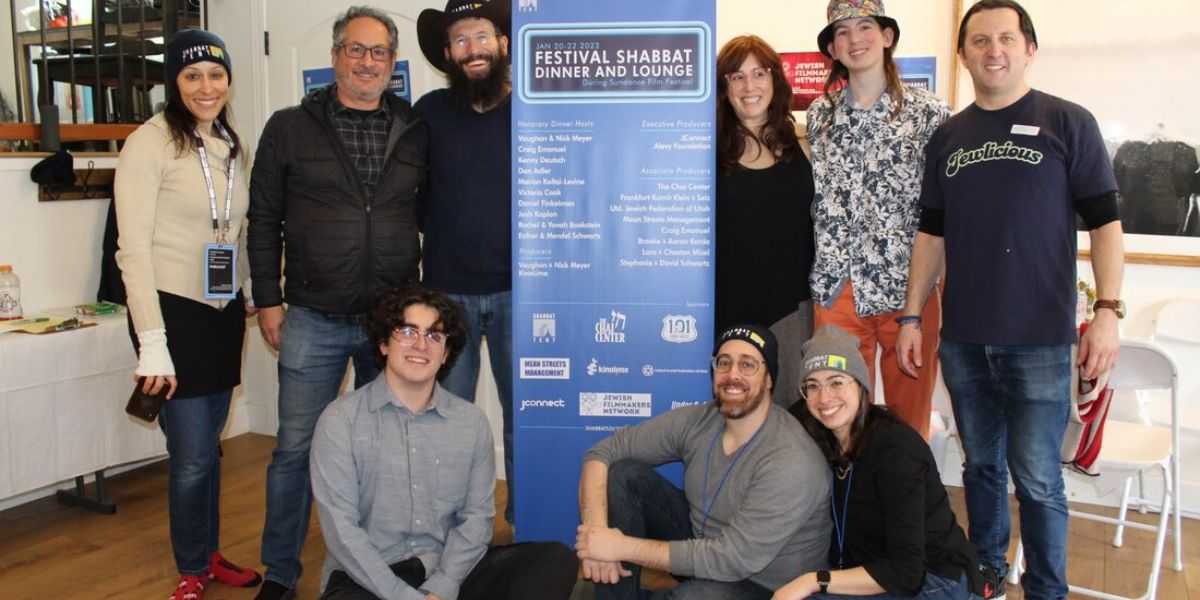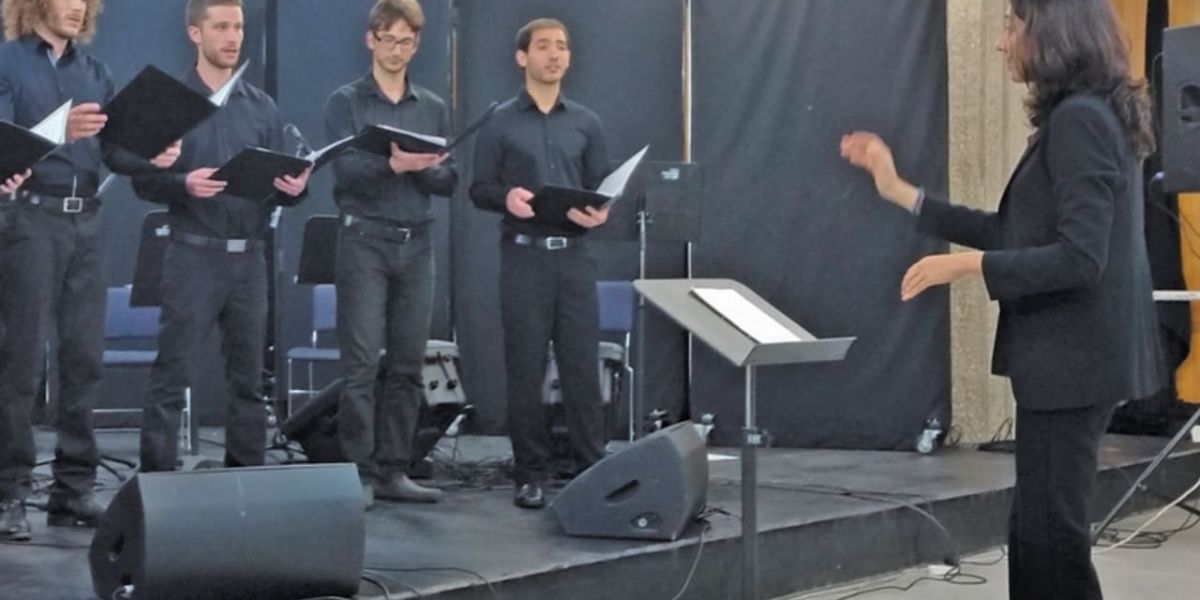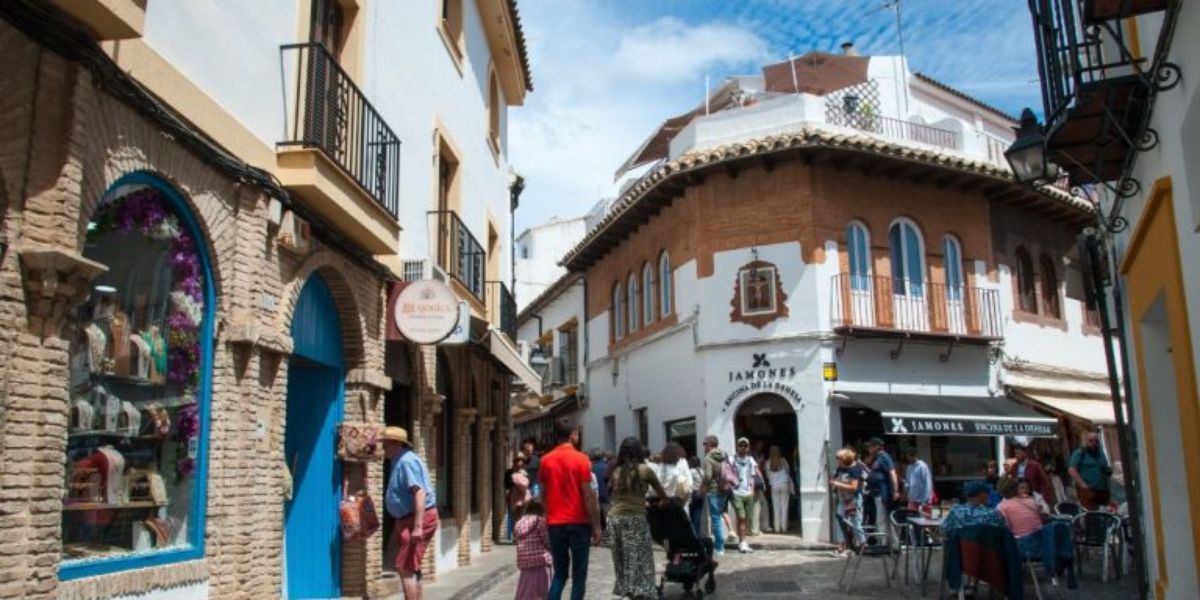The Cultural and Economic Power of Festivals
Across Asia’s expanding cultural landscape, Jewish festivals are emerging not only as vibrant community celebrations but also as powerful economic drivers. These events, from Hanukkah light displays in Singapore to heritage music gatherings in Mumbai, attract a blend of local audiences, tourists, and cultural partners. For cities like Hong Kong, where cultural tourism is increasingly central to economic planning, Jewish festivals present a model for how tradition and commerce can coexist to mutual benefit.
Table of Contents
Municipal leaders and event organisers are recognising that cultural gatherings have measurable financial impact — from hospitality spending to job creation. When designed strategically, festivals enhance city branding, foster repeat tourism, and encourage international collaboration.
How Festivals Generate Tourism Revenue
Jewish cultural festivals contribute to local economies through several interconnected channels:
- Tourism spending: Visitors book hotels, dine in local restaurants, and shop at nearby retail outlets, often extending their stay for other attractions.
- Event production: Festivals create temporary employment for event planners, artists, caterers, and logistics firms.
- Cultural partnerships: Corporate sponsors and tourism boards collaborate to expand festival reach, providing new marketing opportunities for brands.
- Education and heritage tourism: Workshops and exhibitions tied to Jewish art and history invite cultural tourists seeking authentic experiences.
According to regional tourism boards, cultural festivals can increase visitor spending by 15–25% during event weeks, a figure mirrored by data from heritage-rich destinations like Macau and Kuala Lumpur.
Case Study: Hong Kong’s Jewish Film and Arts Week
One striking example is Hong Kong’s Jewish Film and Arts Week, an annual event that combines cinema, visual arts, and live discussions. Originally founded to strengthen community identity, the festival has evolved into a cross-cultural attraction drawing audiences from across Asia.
Festival organisers report that attendance has doubled over the past five years, with nearly 40% of visitors coming from outside Hong Kong. Local hotels offer packages for visiting guests, and participating galleries see significant upticks in sales. This integration of cultural and commercial planning demonstrates how a niche event can achieve mainstream tourism appeal when framed inclusively.
Corporate Sponsorship and Cultural ROI
For businesses, supporting Jewish festivals aligns with both corporate social responsibility and brand differentiation. Sponsorship opportunities—ranging from culinary events to music performances—allow brands to engage audiences in an environment of cultural appreciation and community goodwill.
Large hospitality groups and airlines in Asia increasingly support Jewish heritage events, recognising their role in diversifying tourism portfolios. As Daniel Levy explains in his reporting, “Festival sponsorship is no longer viewed as philanthropy; it’s a market strategy that delivers cultural capital and measurable economic returns.”
When festivals are integrated into citywide tourism campaigns, their impact multiplies. This model has been replicated successfully in Singapore, where Jewish and interfaith cultural programming has become a key feature of the nation’s inclusive tourism narrative.
Cross-Cultural Tourism and Exchange
The interfaith appeal of Jewish festivals is another contributor to their tourism success. Many Asian audiences, curious about Jewish customs and heritage, attend public celebrations, film screenings, and educational talks. These events offer a form of cultural diplomacy, promoting understanding and reducing stereotypes through art, music, and shared experiences.
Festivals such as the Asia Jewish Music Summit and the Tel Aviv Week in Tokyo have drawn both Jewish and non-Jewish audiences, creating platforms where heritage and innovation intersect. Such programming helps destinations build long-term reputations as culturally diverse and globally connected cities.
Challenges and Future Opportunities
Despite their success, organisers face challenges in scaling Jewish festivals without losing authenticity. Logistics, visa support for performers, and funding continuity remain hurdles. However, digital streaming and hybrid event models are expanding reach and reducing costs.
Looking ahead, partnerships between tourism boards, Jewish cultural foundations, and private sponsors will be vital. By linking heritage events with destination branding strategies, cities across Asia can sustain both community engagement and economic growth.
The Broader Impact on Local Economies
Beyond direct tourism revenue, Jewish festivals stimulate creativity and civic pride. They provide educational content for schools, encourage young artists to showcase work, and inspire collaboration between faith and government institutions. In this way, they transform from annual gatherings into year-round economic ecosystems.
Research from Asian cultural policy think tanks shows that for every $1 invested in cultural events, cities may realise $3–$5 in local economic benefits through tourism, retail, and creative industries. This multiplier effect underscores why festival economics should be part of broader urban development planning.
Conclusion
Jewish festivals in Asia are proving that cultural heritage can be both meaningful and economically viable. By blending spirituality, art, and tourism strategy, they contribute to regional prosperity while preserving community identity. As more Asian cities seek to diversify tourism and embrace inclusion, Jewish cultural events stand out as models of balance between cultural continuity and economic innovation.










